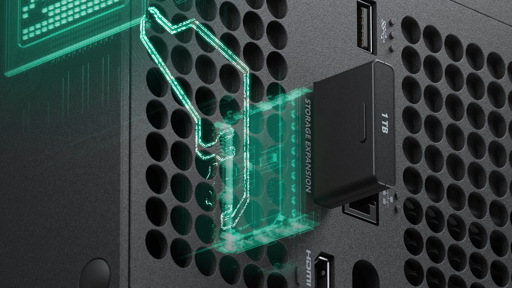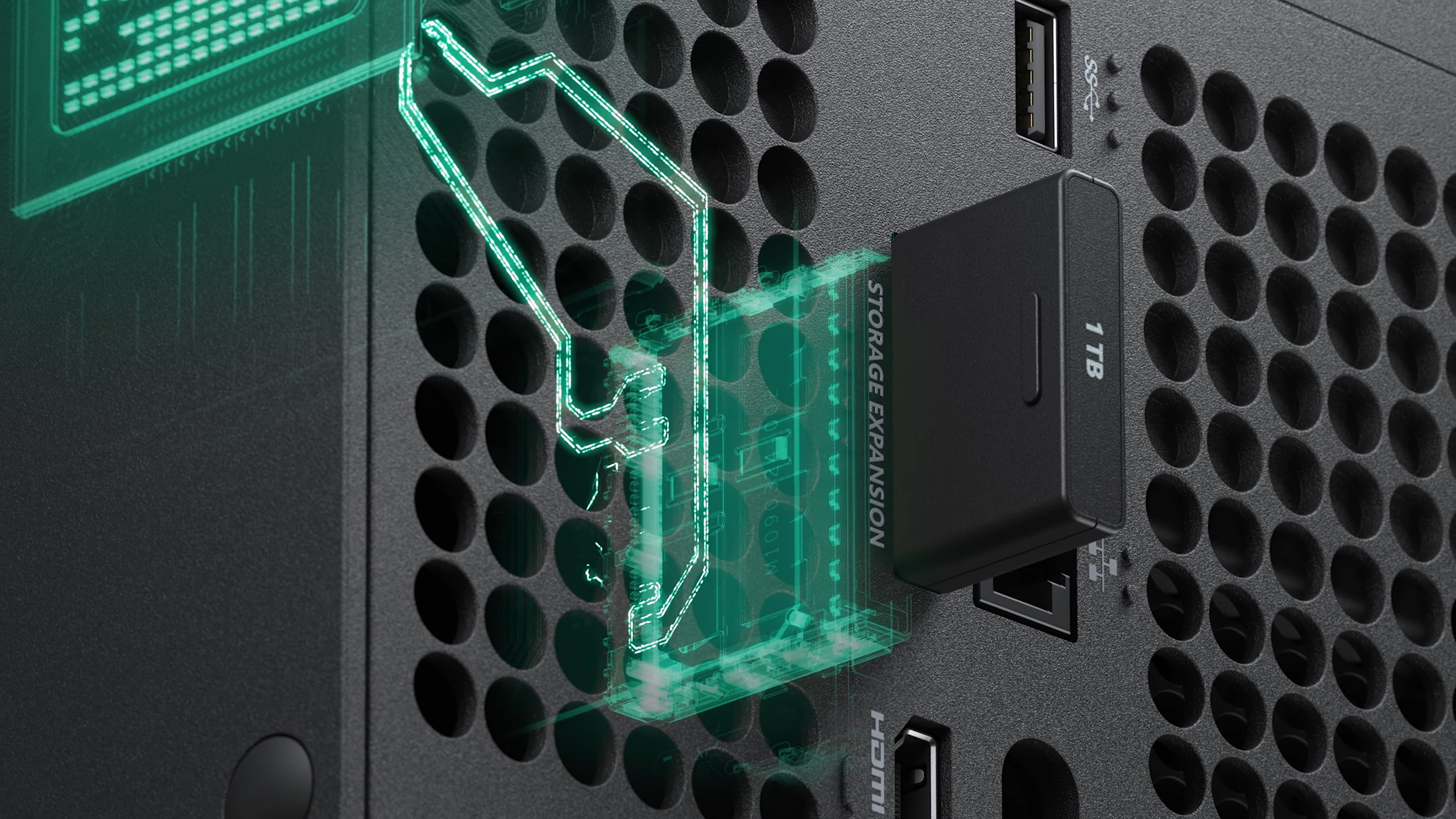This new 40TB hard drive from Seagate is just the beginning—50TB is coming fast!
-
Wow great. From seagate. The company that produces drives with the by far lowest life expectancy compared to the competiton
And IIRC moved their headquarters to some Caribbean island to avoid paying US corporate taxes.
-
I wish. I've got 6000 movies, 200 series, 300k songs, games, etc. pushing 30tb usage. I need to redo my setup, right now it's raid 10. I know it's not the most efficient with space, but I feel much better about redundancy.
We all prioritize the data we want. I don't carry ps3 games because I have zero interest in them, and several shows I'd never have interest in, and I don't bsckup FLAC, I downsample to 320kbps so I doubt I'll break 25TB any time in the next five years.
-
So let's just trash this company but not recommend something better?
I think you're just wanting to be negative today. I've used WD/Hitachi/Samsung/crucial drives the same way, everything dies. Resilver the data and move on, don't expect drives to last more than a decade at the very most.
I didn't want to share a recommendation. I saw a post about Seagate and wanted to share my opinion about them.
Do you want a recommendation from me?
Idk, why you're repeating yourself. If you have the option to choose between two products and you know from experience that one of them is useless earlier than the other, then it would be a waste of money to buy the inferior product as you would have to replace it sooner and therefore loose more money.
-
CAN WE PLEASE JUST GET 3.5" SSDS. PLEASE
Well, 3.5" SSDs are certainly possible, but 2.5" (or in fact m.2) might just be a better form factor for SSDs. The thing is, an SSD is just a bunch of chips on a PCB, so they really don't need the extra height afforded to them by a 3.5" bay.
You could probably fit 2 pcbs one on top of the other within a 3.5" drive, but that would probably need a third PCB to connect the two which would be more complicated to manufacture and be worse for cooling than using two individual 3.5" or m.2 cards.
Also, for a bunch of reasons smaller is usually better. Generally, it tends to be cheaper to use a few large capacity chips on a small board than it is to use a lot of lower capacity chips on a larger board. Of course fewer parts also means fewer potential points of failure, so better for quality control. And again, smaller cards are better for case airflow and cooling.
-
Yeah, why aren't there any?
I just addressed that in a post above yours.

This new 40TB hard drive from Seagate is just the beginning—50TB is coming fast! - Lemmy.World
Lemmy

(lemmy.world)
Basically, smaller form factors are probably just better in this case. 3.5" drive bays were designed with more complicated mechanical drives in mind, and given how nand flash memory works, they don't make as much sense for SSDs.
-
This post did not contain any content.
Great, can't wait for it to be affordable in 2050.
-
Wow great. From seagate. The company that produces drives with the by far lowest life expectancy compared to the competiton
Is this true? I remember them being very reliable in the past.
-
How about a 122.88tb SSD? Large SSDs are pretty common in the enterprise market and arguably much easier to manufacture since you only need to put a bunch of nand chips on a pcb.
"you only"
-
I didn't want to share a recommendation. I saw a post about Seagate and wanted to share my opinion about them.
Do you want a recommendation from me?
Idk, why you're repeating yourself. If you have the option to choose between two products and you know from experience that one of them is useless earlier than the other, then it would be a waste of money to buy the inferior product as you would have to replace it sooner and therefore loose more money.
My recommendation is none of them last forever. Get what is available, decent price and warranty, replace when needed. Drives are consumable.
-
"you only"
I mean comparatively to HDDs.
Of course there are also challenges to making a high capacity SSD, but i don't think they are using fundamentally new methods to achieve higher capacities. Yes they need to design better controllers and heat management becomes a larger factor, but the nand chips to my knowledge are still the same you'd see in smaller capacities. And the form factor has the space to accomodate them.
If HDDs could just continue to stack more of the same platters into a drive to increase capacity they'd have a much easier time to scale.
-
Still cheaper though. 4TB you are looking at around 3x the price for it in SSD storage. Although I wonder how the power use compares, might be worth factoring in but probably isn't too massive over it's realistic lifespan
Oh yeah, I run spinning rust in my nas. All data storage for me is on HDDs, only OS date is on the SSD. That's for the nas and my computer.
-
This post did not contain any content.
I can't wait to upgrade my NAS to a 200Tb Setup
-
I have a 20TB seagate exos drive in my main pc and I hate it. Partly due to my case, but it’s noisy and does an obnoxious head reset (or whatever) every 7 minutes or so. It’s so loud.
Yeah Exos are enterprise drives, so there's no point in making them quiet like they do with lower speed desktop stuff.
-
Is this true? I remember them being very reliable in the past.
I think people say this because there was one specific 6TB model that does really poorly in BackBlaze reports, combined with a generally poor understanding of statistics ("I bought a Seagate and it failed but I've never had a WD fail").
I will also point out that BackBlaze themselves consistently say that Seagate and WD are pretty much the same (apart from the one model), in those exact same reports
-
Yeah I would not touch RAID 5 in this day and age, it's just not safe enough and there's not much of an upside to it when SSDs of large capacity exist. RAID 1 mirror is fast enough with SSDs now, or you could go RAID 10 to amplify speed.
When setting up RAID1 instead of RAID5 means an extra few thousand dollars of cost, RAID5 is fine thank you very much. Also SSDs in the size many people need are not cheap, and not even a thing at a consumer level.
5x10TB WD Reds here. SSD isn’t an option, neither is RAID1. My ISP is going to hate me for the next few months after I set up backblaze haha
-
When setting up RAID1 instead of RAID5 means an extra few thousand dollars of cost, RAID5 is fine thank you very much. Also SSDs in the size many people need are not cheap, and not even a thing at a consumer level.
5x10TB WD Reds here. SSD isn’t an option, neither is RAID1. My ISP is going to hate me for the next few months after I set up backblaze haha
But have you had to deal with the rebuild of one of those when a drive fails? It sucks waiting for a really long time wondering if another drive is going to fail causing complete data loss.
-
But have you had to deal with the rebuild of one of those when a drive fails? It sucks waiting for a really long time wondering if another drive is going to fail causing complete data loss.
Not a 10TB one yet, thankfully, but did a 4TB in my old NAS recently after it started giving warnings. It was a few days iirc. Not ideal but better than the thousands of dollars it would cost to go to RAID1. I’d love RAID1, but until we get 50TB consumer drives for < $1k it’s not happening.
-
This post did not contain any content.
I can't wait to lose even more data when this thing bricks
-
Best to get at least 2 so you have a backup
Your own lil cloud
-
And IIRC moved their headquarters to some Caribbean island to avoid paying US corporate taxes.
They're called Seagate, not Landgate.







